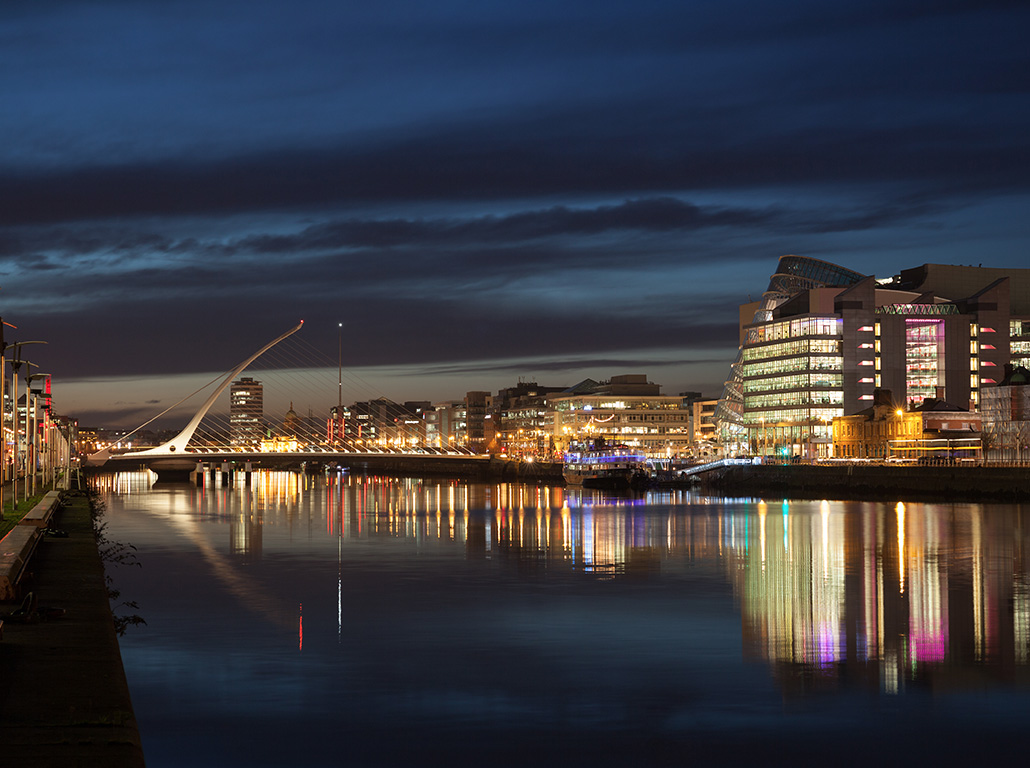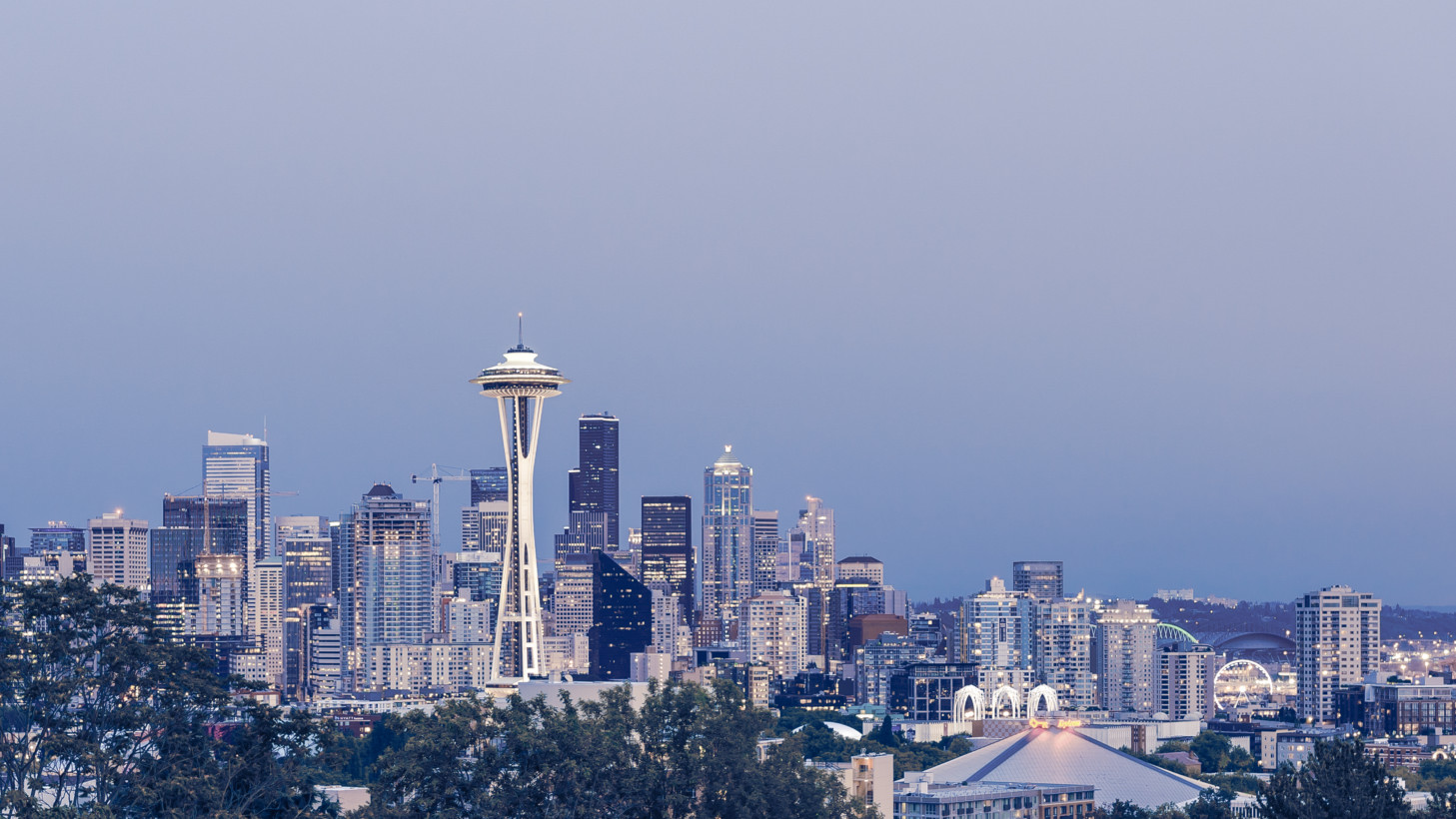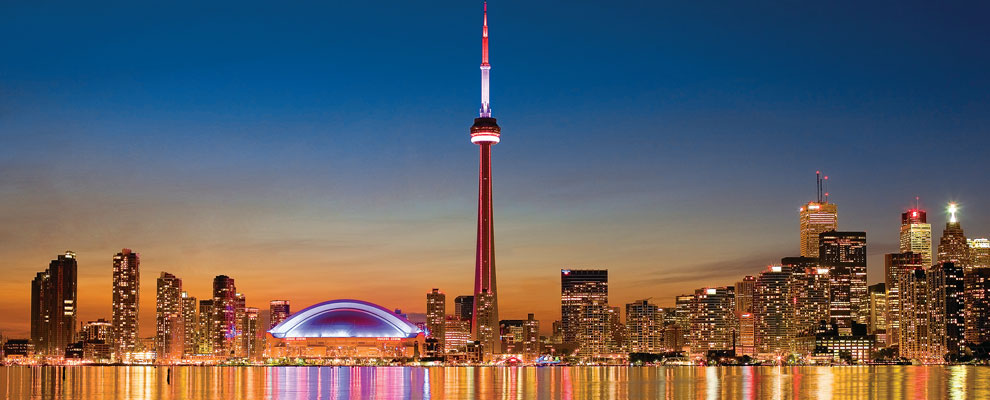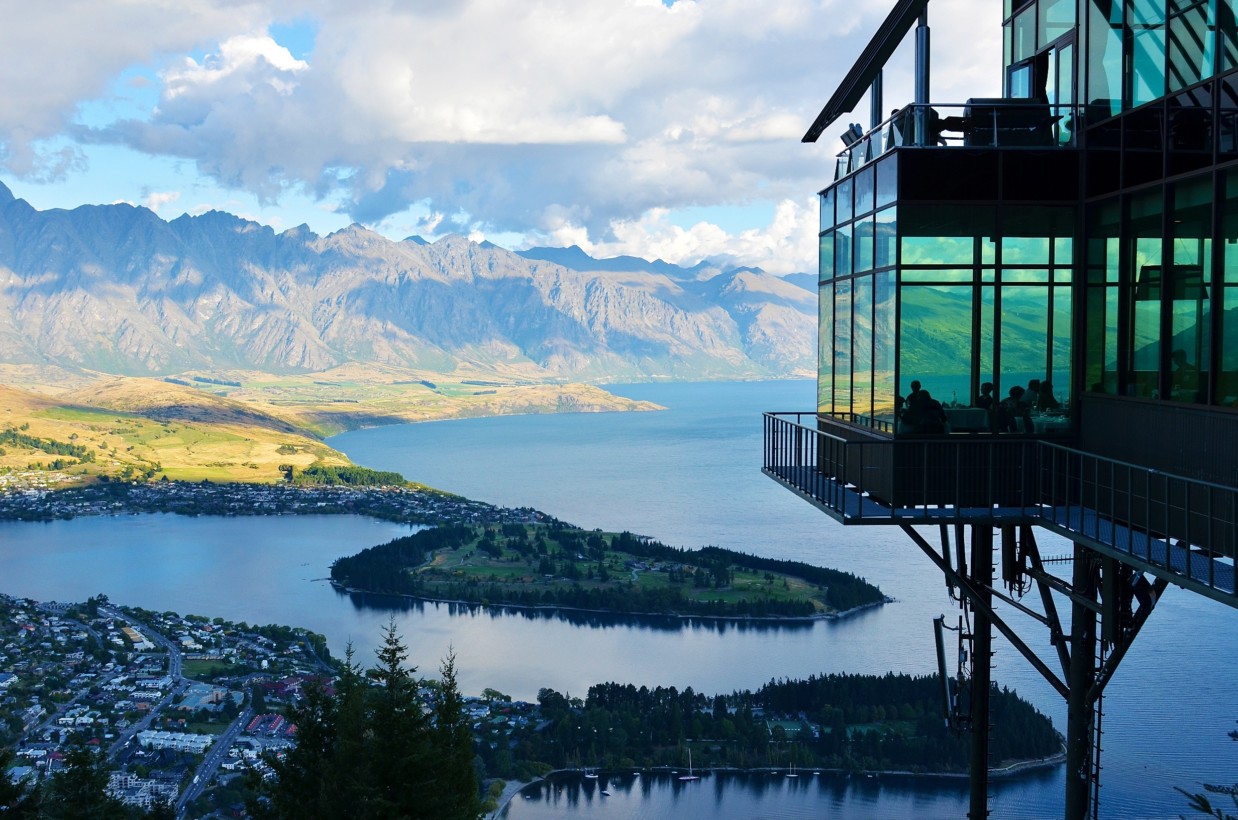
If you have a product or skill with the potential to benefit thousands, or even millions more, it doesn’t make sense to confine your business to a single community. It’s not unlikely, then, for an entrepreneur to crave more. In this aspect, the world is their oyster.
But how do you choose a city with the right conditions that will provide ample opportunities for success?
Fear not! We’ve scoured the ends of the Earth for the perfect spots to call home for your business. This isn’t your traditional one to 10 scale of definitive criteria, but mixes the expected with the soul of a go-getter. Whether you’re a nomadic at heart or crave a tight-knit community, here are 13 amazing locales every entrepreneur should consider expanding to.
Amsterdam, the Netherlands

Amsterdam enjoys a strong competitive position as a location for foreign companies and startups. The city is connected to the rest of Europe and the world – not only by an extensive transport network and the world’s largest internet hub, but also by the city’s collaborative approach to doing business including initiatives such as StartupAmsterdam, StartupDelta, as well as Business in Amsterdam – a comprehensive resource for doing business in area. The city is also home to one of Europe’s leading tech festivals.
Additionally, there are various incentives for international employees and entrepreneurs. Highly skilled migrants enjoy a major fiscal benefit in the 30 percent tax ruling.
The strategic location, an appeal to international talent, and excellent physical and digital accessibility makes Amsterdam an attractive place for European expansion.
Austin, Texas

Texas payrolls and labor participation rate have been increasing at a healthy rate in Texas, unlike the national level where these numbers have shrunk to their lowest rate since the 1970s. Texas business tax – called franchise tax – is very cut and dry. The state taxes most businesses at a rate of one percent on their taxable margins. This tax rate ranks very low nationally, making the state a popular place for businesses of all sizes.
As a progressive and fiercely entrepreneurial city – boasting a talent pool that’s highly educated and growing – Austin, Texas is a great place for businesses to call home. Ranking second in the country, Austin’s gross metropolitan product grew 18.2 percent from 2011 to 2014.
Many global conglomerates have operations in the Central Texas area including Apple, Hewlett-Packard, Google, Facebook, Cisco Systems, Intel, and Oracle. Tech companies in Austin actually account for a large amount of all tech-related revenue in Texas – second only to the DFW area.
In fact, the Texas capital was recently named number one place in America to start a business.
Bali, Indonesia

One of the attractions for startups and other companies working in Bali is, obviously, the cost of living is cheaper than elsewhere on this list. The average cost living – including food, living, office, social and entertainment costs – is under $1,100 per month.
Bali attracts an abundance of local and international talent thanks to its digital nomad culture. As such, the tropical paradise has developed an abundance of co-working spaces.
Things have been set in motion, allowing entrepreneurship to flourish in Bali. Part of a growing ecosystem, the great thing about starting a business in Bali is that you don’t need a significant amount of capital. With the cost of living fairly cheap, you can keep operational costs low. That said, Indonesia has quite a bit of regulation, meaning several different types of permits are needed for local businesses. And Bali’s resident tax payers are subject to taxes based on international income, though Indonesia does have a double taxation treaty with over 57 other countries including Canada, the United Kingdom, and the US.
Berlin, Germany

The German government is very open to the establishment of all types of businesses – regardless of whether or not it involves a German or a foreigner. As such, companies can easily employ international workers, as local visas aren’t difficult to acquire.
Berlin boasts the highest concentration of researchers and academics in Germany (per capita). Coupled with the city’s declining unemployment rates means an available and able workforce for new companies. Additionally, businesses based in Berlin rub shoulders with innovation centers of more-established tech competitors such as Microsoft, German software giant SAP SE, and networking pioneer Cisco System.
Overall, Berlin is a fully developed hub for creativity and entrepreneurship with the talent to boot.
Dublin, Ireland

Ireland has the youngest population in the European Union, with an average age of 34 years. For those thinking of long-term investment, this is a great asset for employers.
Dublin is alive with tech companies. It’s docklands, dubbed Silicon Docks, plays host to the large tech giants such as Google and Facebook but also to a number indigenous startups. The area has become one of the most prosperous of the country, and makes Dublin a good choice for global expansion.
A young and educated workforce means the business culture in that country is actively seeking new technology. Additionally, labor and real estate is less expensive in Dublin than most other European cities its size… though labor costs throughout Ireland are expected to rise.
Hong Kong

Setting up a company in Hong Kong is fast, easy and inexpensive. The pseudo-independent country operates a low and simple tax system where corporate tax is maximum 16.5 percent, and personal income tax 15 percent. Sales tax, no Withholding tax, and no tax on capital gains, dividends or an individual’s estate.
In addition to a favorable corporate tax rate, Hong Kong-based companies promote easy access to Shenzhen and Guangzhou – two of Mainland China’s most prosperous and sophisticated manufacturing hubs. Hong Kong’s proximity to and unique relationship with Mainland China has made it the business gateway to China for more than 150 years.
London, Great Britain

London continues to be a magnet thanks to its unique blend of market size, maturity and high degree of transparency.
London offers one of Europe’s best and most diverse workforce. Among more than four million workers you’ll find 230 languages, tech specialists, and 400,000 creatives.
While some feared a post-Brexit decline in the economy – and the full impact of Brexit will take years to be realized – Britain’s economy performed far better than expected, with GDP growth falling to 0.5 percent from 0.7 percent the previous quarter.
Paris, France
Santiago, Chile

By all accounts, this experiment has paid off, as more than 1,000 startups have graduated from the program, with many remaining in Santiago and others going on to raise additional capital for growth.
Santiago is big by any measure, but what makes it truly imposing is its size in relation to the rest of Chile, the sheer extent to which is concentrated the country’s power and wealth.
Here, new businesses are immersed in a vibrant startup culture, enjoying low costs and relatively light tax burden, and visionaries come to stay.
Seattle, Washington

The business atmosphere in Washington state is best described as young and healthy, with the state’s economy growing faster than the nation’s overall economy. In fact, Washington has hit a sweet spot of both strong employment and wage growth, and Seattle is driving the state’s economy forward.
The Emerald City is more than the Wizard of Oz could have imagined.
Seattle area has emerged as the epicenter of the cloud technology industry and the city is on fire with Silicon Valley tech giants —Microsoft, Amazon, Google, Facebook, Salesforce, Adobe, Twitter — expanding in the region.
Seattle has a community of angel investors who are not only investing in the future of technology but able to provide great insight to budding entrepreneurs. You’ll find a legacy of experience building great companies — both consumer and enterprise.
Stockholm, Sweden

Stockholm is an attractive hub for business with the advantage of an open, competitive, and resilient environment which has long defined Sweden. In fact, no other European city has produced more billion-dollar unicorn startups per capita.
Taxes are still high relative to the rest of the developed world, but taxes paid as a percent of profit are down eight percentage points over the past decade.
With an active business community complemented by world-class academic institutions, Stockholm is diverse, innovative, and globally connected.
Tel Aviv, Israel

Though quite a small country, the Israeli economy is successful and has seen growth in excess of five percent over the last few years. More than 6,000 startups call the city home, and accelerators like the 8200 EISP and The Junction are also there to welcome budding businesses.
Nicknamed ‘Silicon Wadi’, Israel is known for its relationship with high tech industries.
With an open and liberal FDI (Foreign Direct Investment) regime, incentives such as tax breaks, setting up a business in Israel can be a highly profitable profitable move.
Toronto, Canada

The Toronto economy is dominated by free market activities and private enterprise. As a result, it’s relatively easy to commence or expand business activities.
With the lowest total taxes, including the most generous R&D tax treatment, and the second lowest business costs among G8 countries, professionals enjoy a much better cost of living and plenty of talented workers available for hire.
Wellington, New Zealand

The country’s GDP rose 3.6 percent in the second quarter of 2016, one of the top growth rates in the developed world. The local market is highly deregulated and guarantees stability, free trade, and active government support for investments to companies expanding in New Zealand.
Wellington boasts a highly-educated, creative and innovative workforce, continued economic growth as well as lower operating costs and a great mix of small business support. And at 47 percent, the capital city is well above the national average (33 percent) for workforce in knowledge intensive industry.
Pack your bags
Launching in a new market isn’t easy, but with the same tenacity you used to setup your first shop, it’s certainly possible.
Now that you’ve found the right city, now it’s time to make the next move. TMF Group is running series of webinars on European cities. Register to hear about Paris and Dublin from local experts.
Get the TNW newsletter
Get the most important tech news in your inbox each week.






